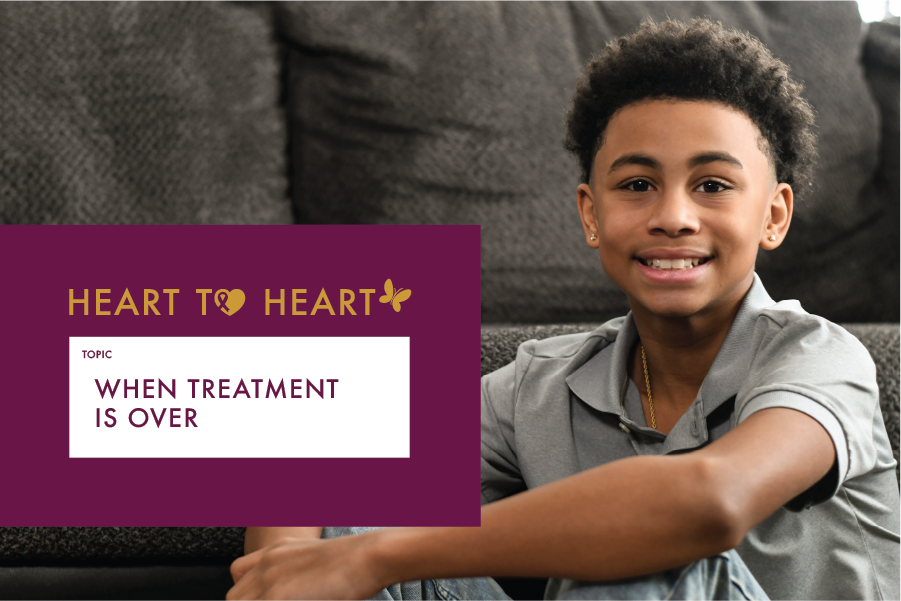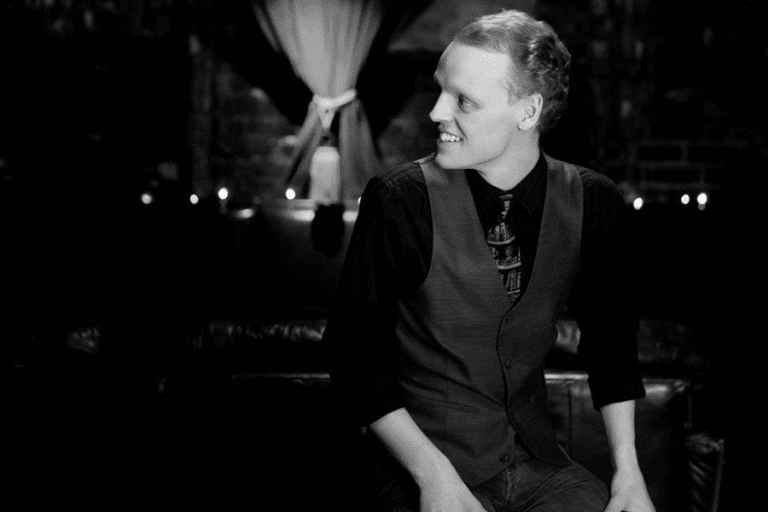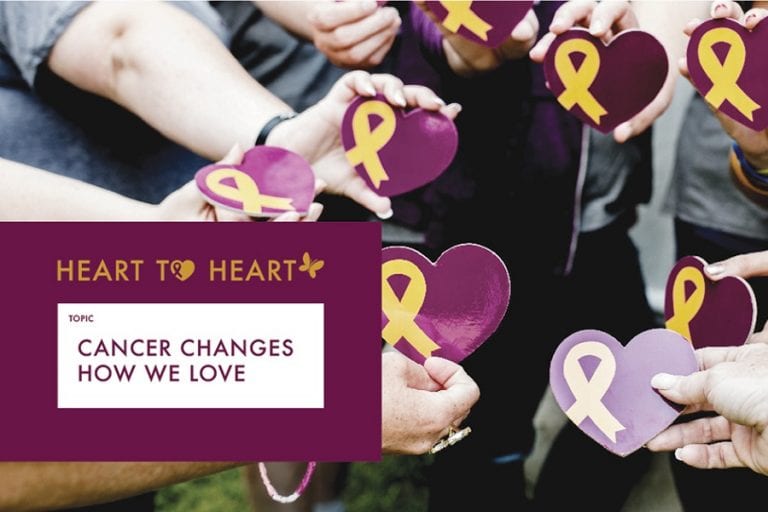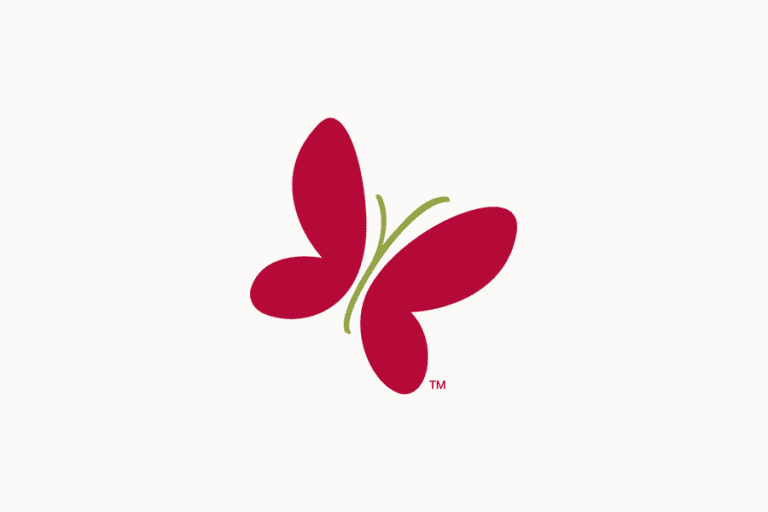Finishing treatment isn’t the end of the road for childhood cancer families. Both physical and emotional late effects of treatment can result in a complicated array of feelings about what the future looks like for your child.
In partnership with Momcology, we asked moms whose children had cancer what their experiences and feelings are now that treatment is over, what the end of treatment means for them, and what they would tell themselves if they could go back to the beginning.
Treatment is over, why aren't you happy?
“It has been a rollercoaster through it all. With brain tumors, it’s different because you never get to remission or a place where you can breathe again. As we keep going through this, I keep trying to find the “aha” moment of when to feel relief.” - Jennifer M.
“Once your child rings the bell* people think it’s the end all be all. But for me, that’s when the anxiety settled in... You don’t have the comfort of being in the hospital where you just press the button, and a nurse is by your side.” - Jennifer G.
“We’re always waiting for the other shoe to drop, but there’s also a piece of you that doesn’t think it will.” - Leila Z.
“I couldn't let go of all the questions I had, so I questioned everything. I wish I could go back to when she was in remission and not question every detail and every scan because it feels like wasted time I can’t get back.” - Beth H.
*At some treatment centers patients have the option to ring a bell, signifying the end of treatment.
What does end of treatment mean to you?
“It took me a long time to separate [the treatment phase from the time thereafter] into different battles. Another thing would come up, and I would group them all together, which made it a lot worse until I was able to separate them. These [battles] are related but they’re not the same thing. I should have celebrated during that time but it’s common, and we shouldn’t beat ourselves up about it.” - Gin L.
“It’s purgatory; the hovering place between heaven and hell. In any moment, you can end up in either.” – Sara C.
“Don’t plan anything. Take a deep breath. Give yourself time and let things shake out. You know some things that are coming, but you can’t be prepared for everything. If you plan all these things out and they don’t end up happening, you’ll just feel like a failure. Don’t plan anything, just take a nap.” - Jen B.
“Don’t rush back to what your life was. I tried to go back to my old life, and it was awful because it wasn’t happening. I’ve realized that maybe our old life wasn’t perfect either, or we just have a new life now.” - Gin L.
If you could go back, what would you tell yourself during treatment?
“I would tell myself to be prepared for a new set of normal every day. In the beginning, I would tell myself that after it’s over we could just shut the door and go back to how it was before. But your child is not the same and neither are you or your family. The family dynamic changes and that becomes the new normal. I wasn’t prepared for my other child to tell me in her own words how hurtful it is to watch this happen to her brother and the long-term effect of it.” - Jodi V
“When I [caught] myself needing to cry], I [would] tell myself that I’m going to put these feelings away for now, and then I’m going to bring it back and address it when it’s manageable. - Beth H.
What we learned from the stories and insights from these moms is that end of treatment does not mean the end of worry, physical challenges or fear, and it doesn’t mean getting back to “normal”. The lives of every one of their family members has changed permanently and cancer will always be with them in one way or another. We are grateful for these brave moms for sharing their experiences with us and feel privileged to help support these families, and families like theirs, as they work to embrace their new normal.
About Momcology
Momcology, in partnership with Children's Cancer Research Fund, is working to create meaningful content that raises awareness about what families face while going through childhood cancer. By combining CCRF's authentic storytelling capabilities with many voices and experiences from within the Momcology network, we are eager to provide a new platform to amplify caregivers' voices to the public to both accelerate research and raise awareness. Visit Momcology to learn more and join their community.
Sharing Your Story is Powerful
Your story of childhood cancer is powerful - it can raise awareness for what is needed in the world of childhood cancer research and even encourage fundraising for vital research projects. See how your story can make an impact by filling out our Share Your Story form.




